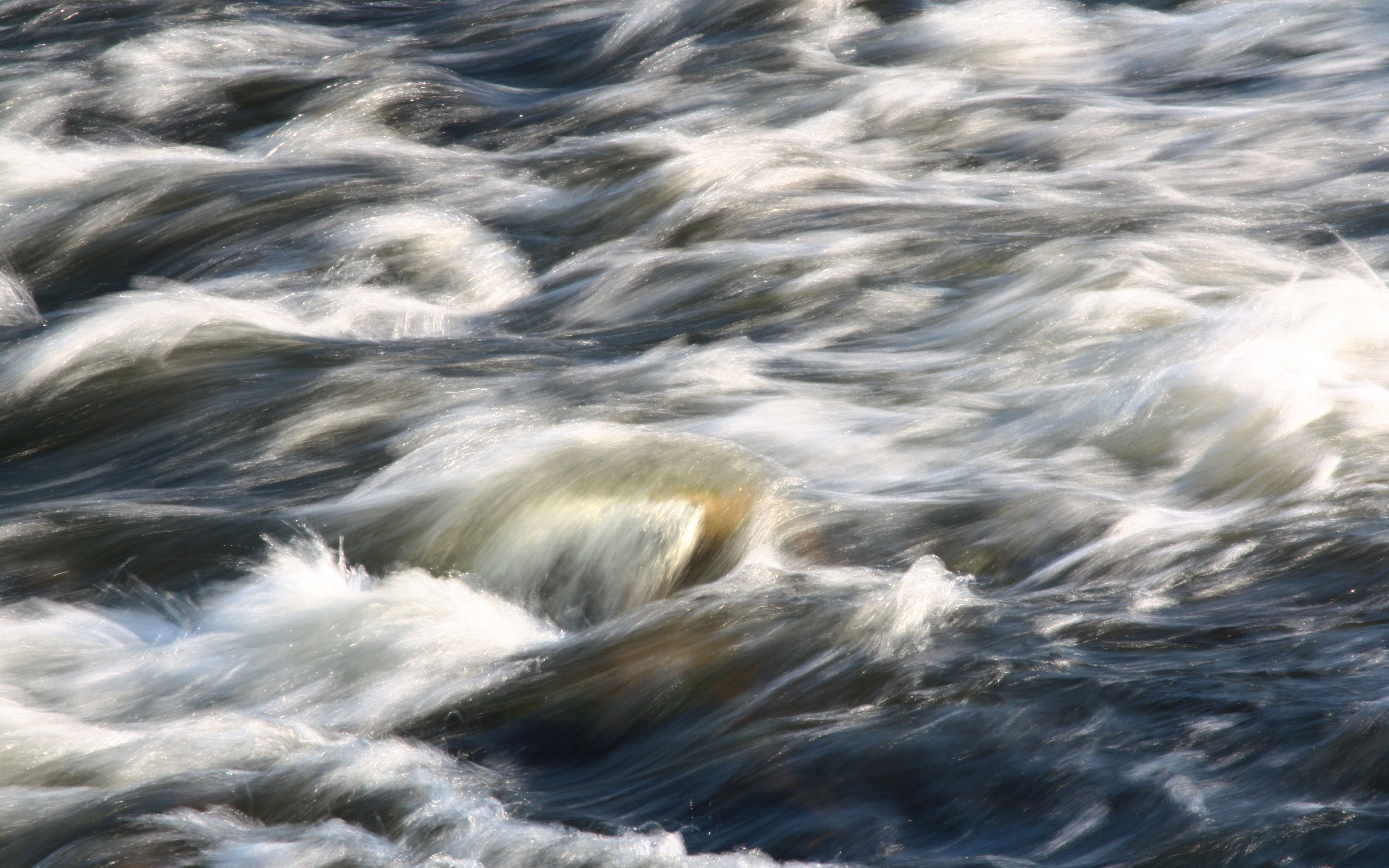January 2010 Vol. 237 No. 1
Web Exclusive
New Desalination Technology Deployed in Marcellus Shale Basin

Although the Marcellus Shale and other shale natural gas basins in the United States have proved to hold huge quantities of potential energy, the hydraulic fracturing methods used to retrieve gas from 6,000 feet below ground level have excited controversy due to their costs in water resources and pollution.
A new, cheaper method for cleaning the water left over from the frac process to a greater purity may bridge some of the distance between environmental concerns and potential gas resources.
Frac technology requires up to two million gallons of water per well to be injected into the ground at high pressure. When that water flows back to the surface, it returns with high amounts of total dissolved solids (TDS) or naturally-occurring salts that dissolve in frac water, and must be disposed of in an environmentally safe manner.
With traditional methods, the wastewater is trucked off-site to commercial and municipal sewer treatment plants. These plants are not capable of removing the salts, but merely dilute the dirty water with other wastewaters in order to comply with discharge requirements to the state’s waterways. When high-TDS water is discharged into watersheds, numerous human and aquatic health concerns arise, including allegedly large death tolls among fish, mussels and other aquatic life in western Pennsylvania. Beginning January 1, 2011, Pennsylvania will require that all water used to drill natural gas wells be treated to remove salts before being returned to the water cycle.
“If you’re not removing the salts, you’re not really solving the problem,” said Stan Berdell, president of BLX, Inc., a natural gas producer in western Pennsylvania. “Our industry has no choice but to limit our growth if we can’t find a way to clean the salt out of this water so that it can be re-used again and again for our next frac jobs.”
Altela, Inc., joined with BLX to placed into operation a new water purification unit directly at the head of the company’s gas well. The unit purifies the frac water, removing the salts and other contaminants, and allows BLX to reuse the water repeatedly. At the end of the frac process, the recycled water can go back into the river in a purified state.
The Albequerque company’s mobile water treatment unit, AltelaRain, is 45 feet long and eight feet wide– similar in size to a semi-tractor trailer. It continuously converts the brackish frac water to less than 50 mg/liter in salt concentration—that is, 10 times purer than municipal drinking water.
Altela’s desalination process involves non-pressurized technology, which means the system can be constructed of plastic rather than metal. “We don’t use pressure,” explained CEO Ned Godshall, “so our product is much less expensive because it doesn’t have to [use] exotic metals to reduce inherent corrosion. Our inexpensive plastic holds up to these brackish waters, and that means our system provides clean water at a very economical price.” Godshall also noted that because the water is reused repeatedly, Altela’s technology draws little from the local water supply.
Altela plans a centralized plant for eastern Pennsylvania to handle the load from the wells in that area when the new regulations go into effect.
www.altelainc.com





Comments